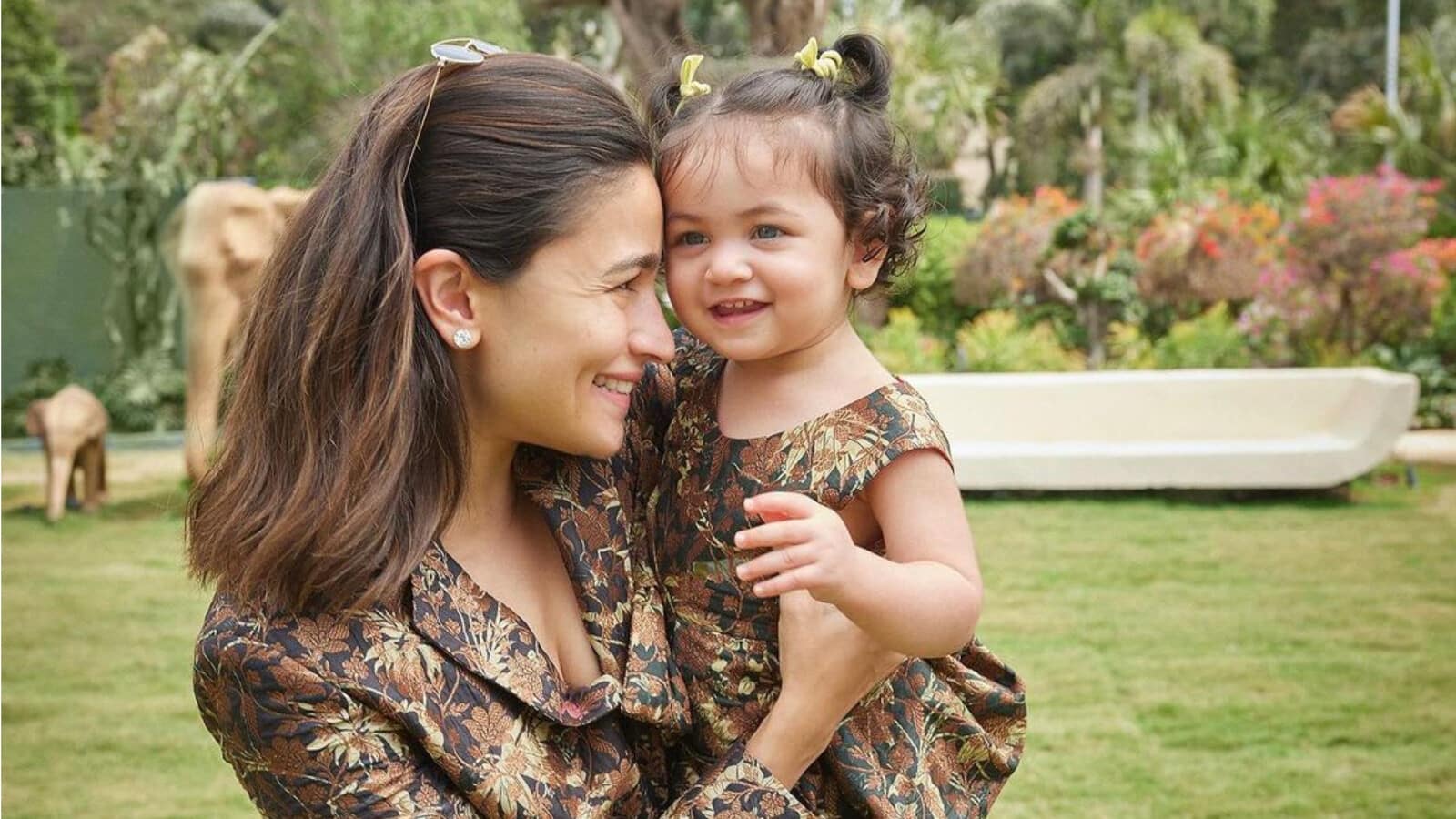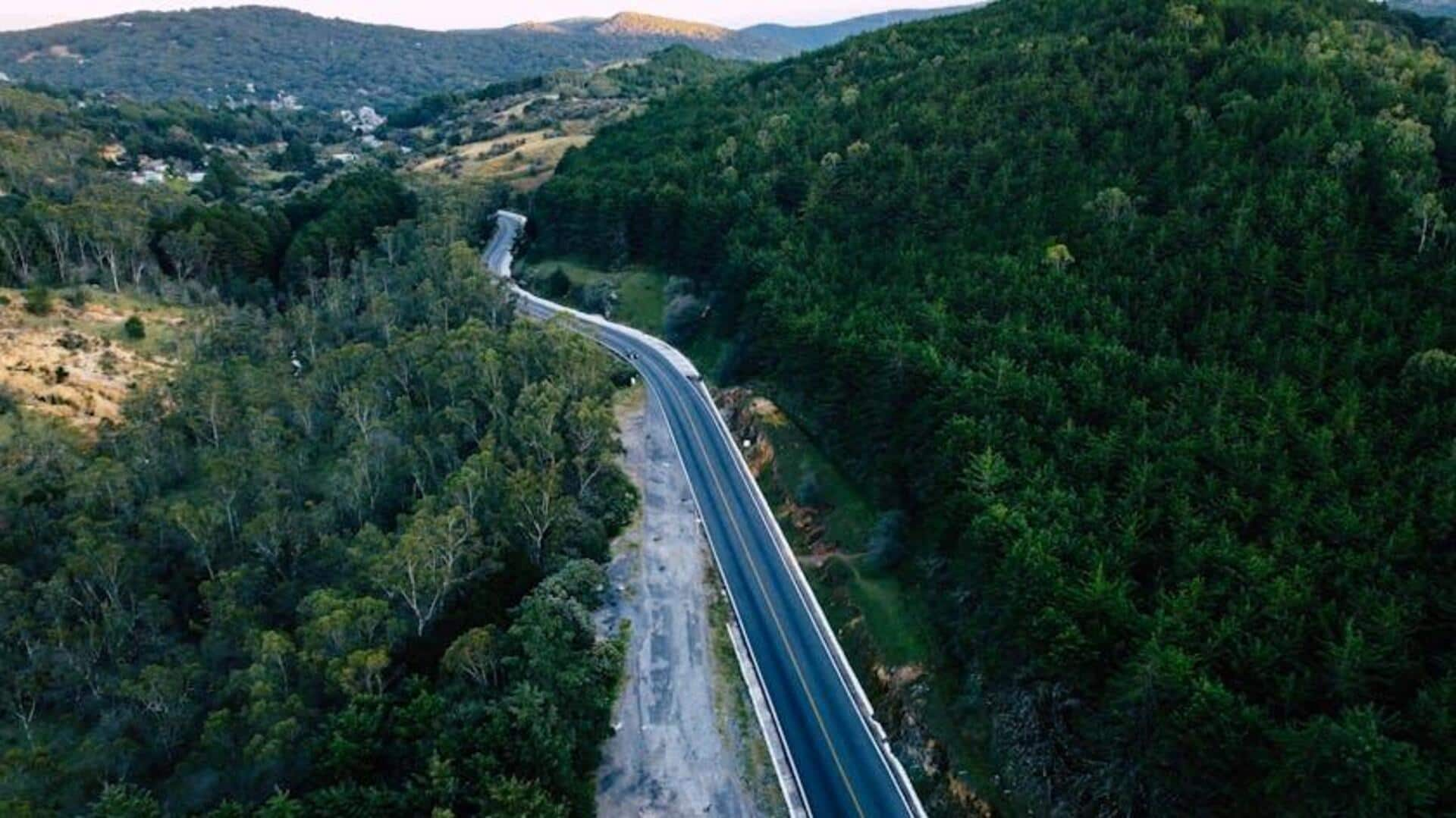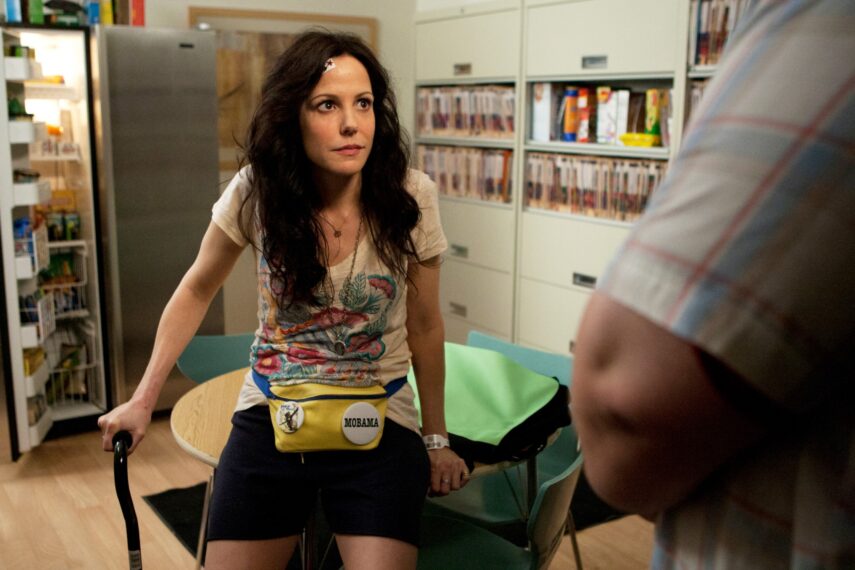The United States said it was working "around the clock" to avert an all-out war in the Middle East, as Israel remained on high alert Tuesday for potential Iranian retaliation for two high-profile killings. US President Joe Biden, whose country has sent extra warships and fighter jets to the region in support of Israel, held crisis talks on Monday with his national security team. Biden and his top diplomat Antony Blinken sought to calm tensions that have soared since a suspected Israeli attack in Tehran last Wednesday killed Ismail Haniyeh, the political leader of Palestinian militant group Hamas.
Biden called King Abdullah II of Jordan, which helped down Iranian drones and missiles in an attack on Israel in April, while Blinken called top officials in Qatar and Egypt, the key intermediaries seeking a ceasefire in the 10-month Israel-Hamas war in Gaza. "We are engaged in intense diplomacy, pretty much around the clock, with a very simple message -- all parties must refrain from escalation," Blinken said after joining other top officials in a White House meeting. Iranian President Masoud Pezeshkian hit out on Monday at what he called the "criminal acts" of Israel "against the oppressed and defenceless people of Gaza" as well as Haniyeh's killing.

"The Islamic Republic of Iran is in no way seeking to expand the scope of war and crisis in the region, but this regime will definitely receive the response for its crimes and arrogance," Pezeshkian said during talks with a senior visiting Russian official, according to the official news agency IRNA. The killing of Haniyeh -- which Israel has not directly commented on -- came hours after an Israeli strike on Beirut killed the military chief of Lebanon's Hezbollah movement, Fuad Shukr. Israel held Shukr responsible for a rocket attack in the annexed Golan Heights that killed 12 children, calling him the "right-hand man" of Hezbollah chief Hassan Nasrallah.
Nasrallah was due to give a speech Tuesday to mark one week since Shukr's death. His Iran-backed group has engaged in near-daily cross-border clashes with Israeli troops since the day after Hamas attacked Israel in early October. On Tuesday, four Hezbollah fighters were killed in an Israel strike on southern Lebanon, according to a security source.
- 'Playing with fire' - A European diplomat in Tel Aviv said "a coordinated response" from Iran and its proxies was expected but de-escalation efforts persisted. "That doesn't mean there will be a simultaneous response from all fronts," he added, declining to be identified as he was not authorised to speak on the issue. "We're telling them they have to stop playing with fire, because the risk of flare-ups is higher than at any time since October 7," he said.
Turkey on Monday joined multiple governments calling on their citizens to leave Lebanon, where Hezbollah is based, while China urged increased caution. Numerous airlines have suspended flights to Lebanon or limited them to daylight hours. Lebanese national carrier Middle East Airlines put on extra flights for people wanting to leave or return, a company source said.
As tensions rose, the Jeddah-based Organization of Islamic Cooperation is to meet on Wednesday at the request of "Palestine and Iran", to discuss developments in the region, an OIC official said. The head of the US military command covering the Middle East, General Michael Kurilla, arrived in Israel on Monday and met military chief Lieutenant-General Herzi Halevi for a security assessment, an Israeli statement said. Iraqi sources said a base hosting US troops in Iraq came under rocket fire on Monday, after an American strike on July 30 killed four pro-Iran Iraqi fighters.
- 'Act urgently' - The United Nations' rights chief Volker Turk called on "all parties, along with those states with influence, to act urgently to de-escalate what has become a very precarious situation". Italian Foreign Minister Antonio Tajani and his Iraqi counterpart Fuad Hussein in a joint statement Monday "agreed to make every effort to avoid a regional escalation". Italy holds the rotating presidency of the G7 group of countries.
The Israel-Hamas war in the Gaza Strip, triggered by the Palestinian group's October 7 attack on Israel, has already drawn in Iran-backed militants in Syria, Lebanon, Iraq and Yemen. The Hamas attack resulted in the deaths of 1,197 people, mostly civilians, according to an AFP tally based on Israeli official figures. Palestinian militants seized 251 hostages, 111 of whom are still held captive in Gaza, including 39 the Israeli military says are dead.
In Tel Aviv on Monday thousands of Israelis gathered to mark the fifth birthday of child hostage Ariel Bibas, and to call for the liberation of him and his family. Israel's retaliatory military campaign in Gaza has killed at least 39,623 people, according to the Hamas-run territory's health ministry, which does not give details of civilian and militant deaths. In the occupied West Bank, Palestinian officials said that Israeli forces killed eight people in two separate raids on Tuesday.
Halloween may not be for months, but it's already peak haunted house season in Japan, where seeking a bone-chilling fright is a long established summer tradition. Kimono-clad ghosts with bloody eyes convulse in agony and lurch towards visitors at one spooky establishment in Tokyo, roaming around groaning like zombies. Summer is closely associated with the dead in Japan, because it is believed that ancestral souls return to their household altars during the mid-August "obon" holiday.
So a visit to a haunted house is seen as a refreshing respite from the season's often stultifying heat and humidity -- thanks to both modern air-conditioning and the less tangible chills sent down one's spine. Emerging from the dimly lit attraction at the indoor theme park Namjatown, 18-year-old Misato Naruse told AFP she had come there with her friend Himari Shimada "to get cool". "I broke out in a cold sweat without even realising.
That's how scared I was, I guess," the university student said beside a drained and speechless Shimada, also 18. Japanese summers are getting harder to bear, partly because of climate change. "Last year it was very hot but this year it feels even hotter.
And I wonder how much hotter it will be in a few years' time," Naruse said. This year, Japan sweltered through its hottest July since records began 126 years ago, with temperatures in the country 2.16 degree Celsius higher than average.
In central Tokyo alone, 123 people died of heatstroke last month, when extreme heatwaves fuelled by climate change saw a record number of ambulances mobilised in the capital, according to local authorities. - 'Chilling the liver' - Many haunted houses in Japan play up to their refreshing reputation by using slogans such as "a shudder that blows away the summer heat". The idea can perhaps be traced back to the Japanese traditional theatre form of kabuki, according to Hirofumi Gomi, who has worked behind-the-scenes as a producer of haunted house experiences for three decades.
Lore has it that a few centuries ago, kabuki theatres struggled to lure spectators in summer because many loathed being crammed inside without air-conditioning. But that changed when performers swapped sentimental human drama for full-on horror -- aided by various tricks and contraptions, similar to a modern-day haunted house. "For patrons wilting under the heat, dazzling visual effects and gripping ghost tales were more bearable than the subtleties of human-interest stories," Gomi said.
"So maybe haunted houses don't so much cool you down as make you forget the heat momentarily." At the Namjatown haunted house, which is meant to evoke an abandoned, spirit-infested town, organisers are confident about the scary tricks up their sleeves. "In Japanese, we say 'kimo ga hieru', or literally 'chilling the liver' -- a reference to the sensation of getting goosebumps," Hiroki Matsubara, of operator Bandai Namco Amusement, told AFP.
"We believe visitors can experience the feeling of being scared, surprised or 'chilled to the liver', which will hopefully help them enjoy a cool feeling in summer." CONTINUE READING Show less A furious Donald Trump unleashed a torrent of rage in the pre-dawn hours Tuesday after an ABC News correspondent called him out for racial "slurs." Trump's post-midnight Truth Social post railed against ABC News' George Stephanopoulos over a contentious interview with a Florida Republican who tried to defend the former president questioning of Vice President Kamala Harris' race .
"I watched three weeks ago as George Slopadopolus interviewed Crooked Joe Biden, doing everything possible to keep him in the race after his terrible Presidential Debate performance," Trump wrote about 12:20 a.m. ET.
"Liddle’ George, of ABC FAKE NEWS, was so solicitous and nice, asking easy questions and doing whatever was necessary to make Sleepy, the WORST President in the history of our Country (Kamabla is the WORST V.P.), look alert and sharp.
"It didn’t work, but he tried!" Trump has amped up his anti-media rhetoric in recent days after he responded to tough questions at the National Association of Black Journalists convention last week with responses commentators condemned as racist and likened to a train wreck . ABC News has become a particular point of frustration for Trump after correspondent Rachel Scott asked him to justify remarks that Black lawmakers born in this country should "go back where they came from" and describing Black prosecutors as "rabid" and "animals." On Monday, Trump appeared on the live stream of influencer Adin Ross , who famously got a friend arrested in Romania after he urged him to flee on his live stream , and insulted Scott again.
"I didn't know who she was, but she was nasty," Trump said. ALSO READ: Don’t be fooled: Project 2025 is already happening Trump didn't rail against Scott on Tuesday, but he appeared furious that Stephanopoulos challenged Rep. Byron Donalds (R-FL) in an interview Monday to justify his remarks on Harris' race.
"You just did it again!" Stephanopoulos told Donalds when he tried to argue Harris' Indian lineage validated Trump's comments. "Every single answer you gave, you repeated the slur." In the earlier hours, Trump echoed the insults he hurled at Scott the day before.
"I watched Slopadopolus viciously attack Congressman Byron Donalds, a future star in the Republican Party, with nasty and totally inappropriate questions, the exact opposite of the treatment given to Crooked Joe. The good news is that Byron swatted him away like a fly, not to be heard from again!" In a follow up post, Trump called Harris a coward , an insult she and a growing number of Truth Social users have hurled against him after he backed away from an ABC News debate slated for next month. Trump now insists Harris, with whom he dubbed yet another nickname, must debate him on Fox News.
"Kamabla Harris is afraid," Trump wrote. "Will be easier to defeat on the Debate Stage than Crooked Joe Biden, just watch!" CONTINUE READING Show less Spectators poured into Benin's capital for a new festival celebrating traditional masks over the weekend as the West African country seeks to attract visitors and showcase its cultural heritage. The three-day Porto Novo Mask Festival drew participants from across Benin as well as neighbouring Togo and Burkina Faso.
There was excitement in the crowd as spectators caught sight of some masked and costumed figures rarely seen outside their respective regions. The main street hummed with traditional music while officials and members of the public watched displays of acrobatics and stilt-walkers perched on eight-metre (26-foot) poles. Benin's government and city authorities launched the event to replace the Porto Novo International Festival, usually held in January, and there were both secular and religious masks on show.
Voodoo, known locally as Vodun, is widely practised in Benin. It worships gods and natural spirits while showing respect to revered ancestors. "I'm very moved -- I saw masks I'd never had the chance to see before," said Vodun religious dignitary Severin Alode, 43.
"I've never seen such a buzz. It's a first." The festival's main attractions were Gonouko, towering masked figures from Porto Novo, alongside an array of other masks and appearances from Zangbeto, traditional Vodun guardians of the night.
Even the rare Hounve mask was on display, as Vodun dignitary Adanklounon Ado Setondji explained. "Our parents knew how to hide the Hounve, but as we are in the mindset of promotion, we have to take the masks out and show them to the public," he said. Before the festival, rituals took place away from spectators.
Bale Atchade, a 65-year-old Vodun dignitary, said there were ceremonies centred on resolving social problems and others linked to infertility. - 'Source of pride' - Ayaba Collete Dossou, a member of the national Vodun rites committee, said the Porto Novo festival showed "the beauty of our culture and our wealth." The city's mayor Charlemagne Yankoty said the event "puts Porto Novo in the spotlight.
" "The mask festival will enhance Benin's culture and reveal its full value in terms of heritage and culture," he said. Earlier this year, the government revamped another of Benin's cultural celebrations -- its famous Voodoo festival -- in a bid to attract more visitors. "Vodun is of economic interest to us, since tourism is an important sector," said President Patrice Talon at the festival in January.
He said he hoped that event would help explain "what Vodun is and how it is practised" to domestic as well as foreign tourists. There were signs his wishes were being fulfilled at the mask festival in Porto Novo, too. Frederica Nzamba, a 30-year-old visitor with Beninese roots, told AFP she came to "better discover and understand Benin's culture" after 16 years living abroad.
The festival, she said, was a "source of pride." CONTINUE READING Show less.



















